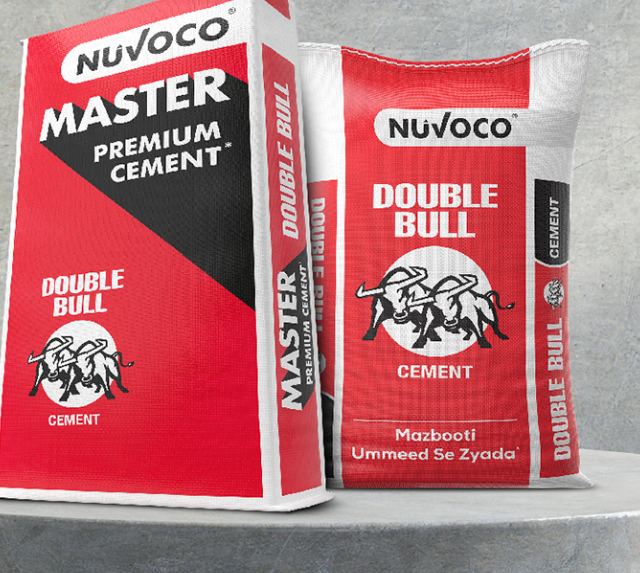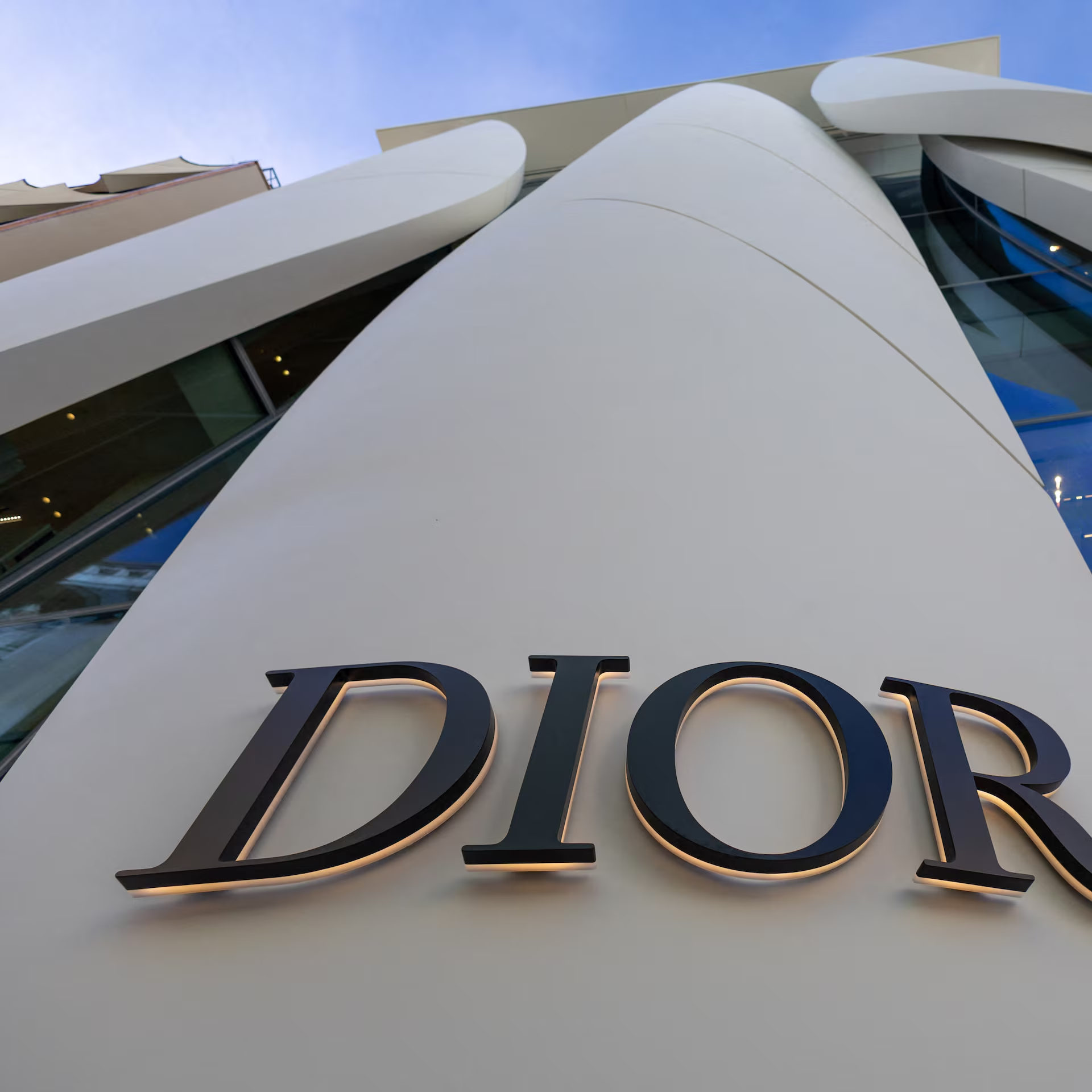PepsiCo, one of the world’s most recognizable names in snacks and beverages, is feeling the squeeze as consumer preferences veer away from indulgence and toward health-conscious choices. With mounting economic pressure and shifting dietary habits, the company is navigating a complex and evolving marketplace.
A Snack Giant at a Crossroads
Recent data signals a dip in demand for core products from PepsiCo’s Frito-Lay division—a pillar of its North American operations. Analysts at RBC Capital Markets have flagged ongoing revenue pressures, noting that even revised forecasts for fiscal 2025 suggest turbulence ahead. Core earnings expectations have been trimmed to $7.89 per share, down from an earlier estimate of $8.16, with top-line revenue projected to hover around $92 billion.
Despite the scale and reach of PepsiCo’s global operations, these numbers reflect more than temporary headwinds—they point to fundamental shifts in consumer behavior that could reshape the company’s long-term trajectory.
The Market Speaks: Downward Pressure Persists
In the past 24 months, PepsiCo’s stock has fallen more than 30%, a notable decline for a traditionally resilient consumer goods player. With RBC assigning a “sector perform” rating, investors appear cautious. Recovery, while possible, may be slow and dependent on how effectively the company pivots.
At the heart of the challenge: younger, health-aware consumers are seeking alternatives to sugar-laden drinks and ultra-processed snacks. This evolution in taste preferences isn’t just a trend—it’s becoming the new normal.
Healthier Lifestyles = Market Disruption
The pressure on PepsiCo isn’t occurring in isolation. The entire fast-moving consumer goods (FMCG) sector is contending with a wave of demand for plant-based, low-calorie, and natural ingredient products. Companies that fail to realign their portfolios risk losing relevance in an increasingly selective market.
PepsiCo has made moves to diversify its offerings—acquiring health-forward brands, reducing sodium and sugar content in legacy products, and pushing into premium hydration and functional beverage categories. However, the pace of transformation may not yet be fast enough to offset revenue contraction in its core segments.
Strategic Imperative: Reinvention at Scale
This moment represents more than a quarterly setback; it’s a defining test of brand resilience and adaptability. Legacy brands with decades of consumer trust must now confront a generation driven by values—nutrition, transparency, and sustainability.
The takeaway for investors and industry watchers: We’re seeing the early stages of a wider recalibration in the consumer goods space. As market leaders like PepsiCo adjust their strategies, the ripple effects could open up new opportunities for agile startups and signal shifting investor priorities.
365247 Insight:
In a sector long dominated by household names, the winners of tomorrow will be those who balance heritage with health. PepsiCo’s next chapter depends on how well it can rewrite its story for a consumer that’s already turned the page.


